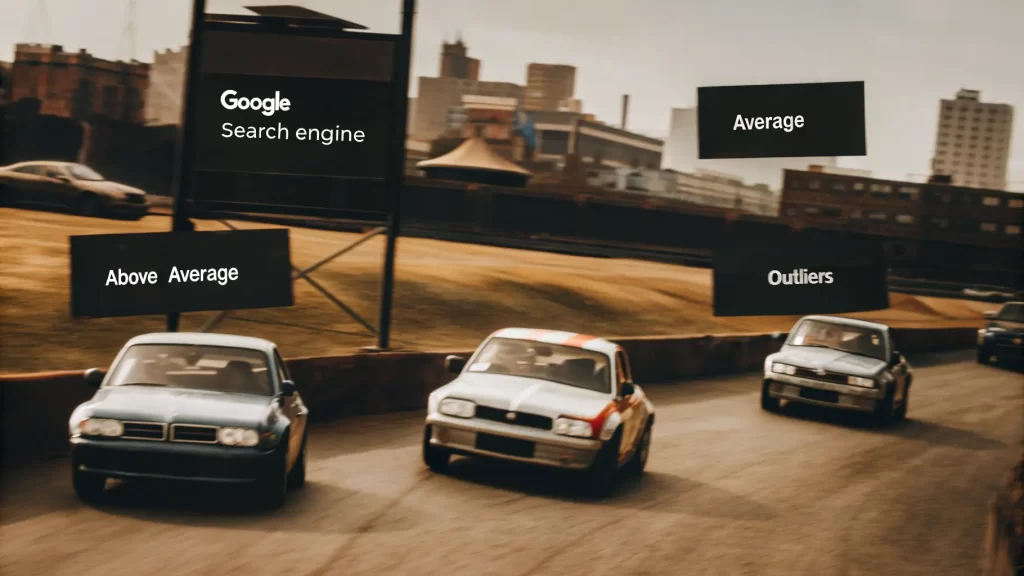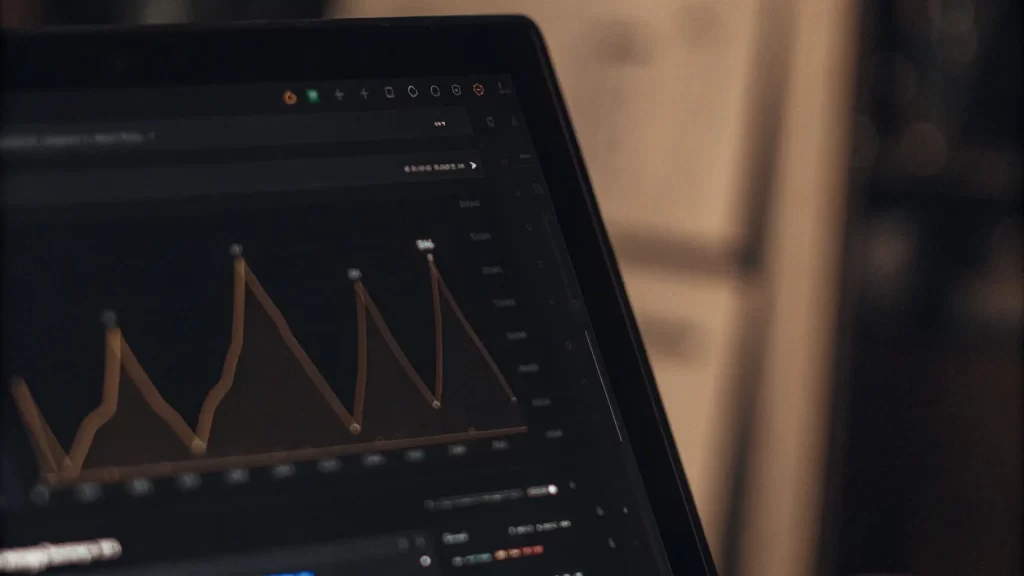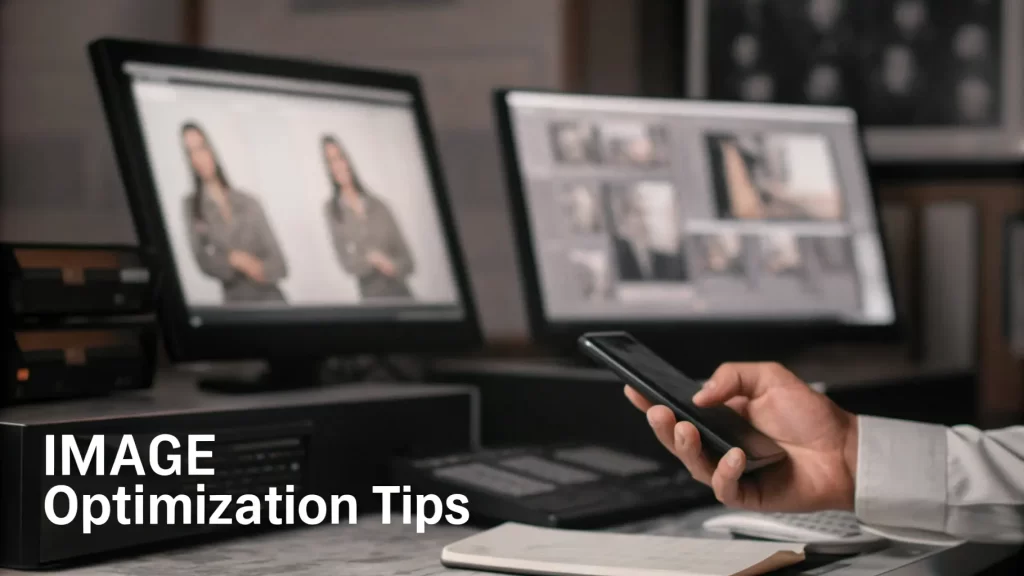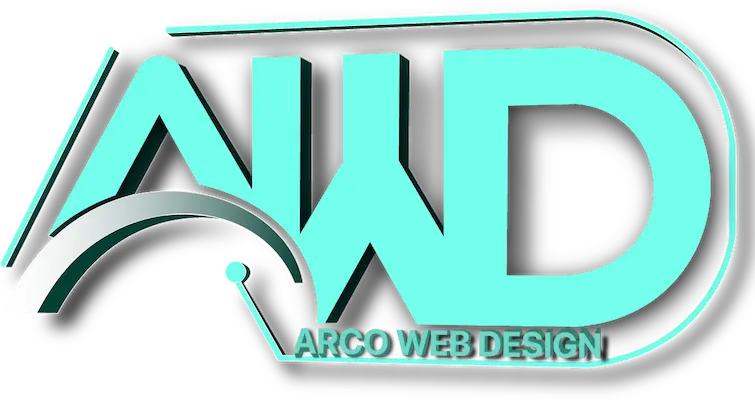Why is creating a sitemap necessary?

A sitemap serves as a roadmap for search engines and visitors, helping them find all the content on your website. There are two primary types: Why Is a Sitemap Necessary for SEO? Sitemaps outline your website’s content structure, ensuring that Google, Bing, and other search engines can efficiently crawl and index your pages. Even small […]
What is a citation in Local SEO?

In Local SEO, citations play a crucial role in improving your search visibility. A citation is any online mention of your business name, address, and phone number (NAP)—even without a direct link to your website. Why Citations Matter in Local SEO Google uses citations as a ranking factor, just like backlinks. The more high-quality citations […]
Creating localized content in Local SEO

Great content is the foundation of Local SEO. Without it, search engines like Google struggle to understand your website. High-quality, localized content helps Google rank your site for relevant local searches, improving visibility and attracting potential customers. How Content Impacts Local SEO Google analyzes page content to determine relevance. In Local SEO, your keywords should […]
Optimizing page speed in Local SEO

Page speed plays a crucial role in Local SEO rankings. Google evaluates site load times and compares them to competitors in your local search environment. If your website is significantly slower than others in your area, you may experience lower rankings. How Page Speed Affects Local SEO Google assesses page speed based on multiple factors, […]
Using heading tags properly

Heading tags (H1–H6) play a crucial role in SEO by structuring content and helping search engines understand page topics. Using them correctly enhances readability, user experience, and search rankings. Understanding Heading Tags Google prioritizes H1 tags as key indicators of page topics. Each page should have only one H1 tag to maintain clarity. Best Practices […]
Crafting the right title and description tags

10 Tips for Optimizing Your Images for Search part 2

In our previous article, we covered 5 essential tips for optimizing images for search engines. Now, let’s dive into 5 additional strategies to further enhance your website’s image SEO. 1. Separate Thumbnails from Main Images Thumbnails should be lightweight to prevent slow loading speeds. Compress them as much as possible—even at the cost of slight […]
10 Tips for Optimizing Your Images for Search part 1

The days of slow-loading images on dial-up internet are long gone. However, optimizing images for users and search engines remains as crucial as ever. Proper image optimization enhances website performance, improves user experience, and boosts SEO rankings. 1st Tip: Use the Right Image Choosing high-quality, relevant images is the first step in optimizing for SEO. […]
Setting realistic expectations

Search Engine Optimization (SEO) requires time, effort, and patience. Unlike paid advertising, SEO doesn’t provide instant results—it’s a long-term investment that can take four to six months before showing significant improvements. Understanding the SEO Journey In the early stages, you may see quick ranking improvements, as search engines crawl and evaluate your site. However, this […]
Why you need a keyword-research plan

Before optimizing your website, you must determine what keywords to target. Keywords are the search terms people type into search engines like Google or Bing. Understanding how users search is crucial to ensuring your content appears in relevant search results. Why Keyword Research Matters Search engines try to provide the most relevant results based on […]
